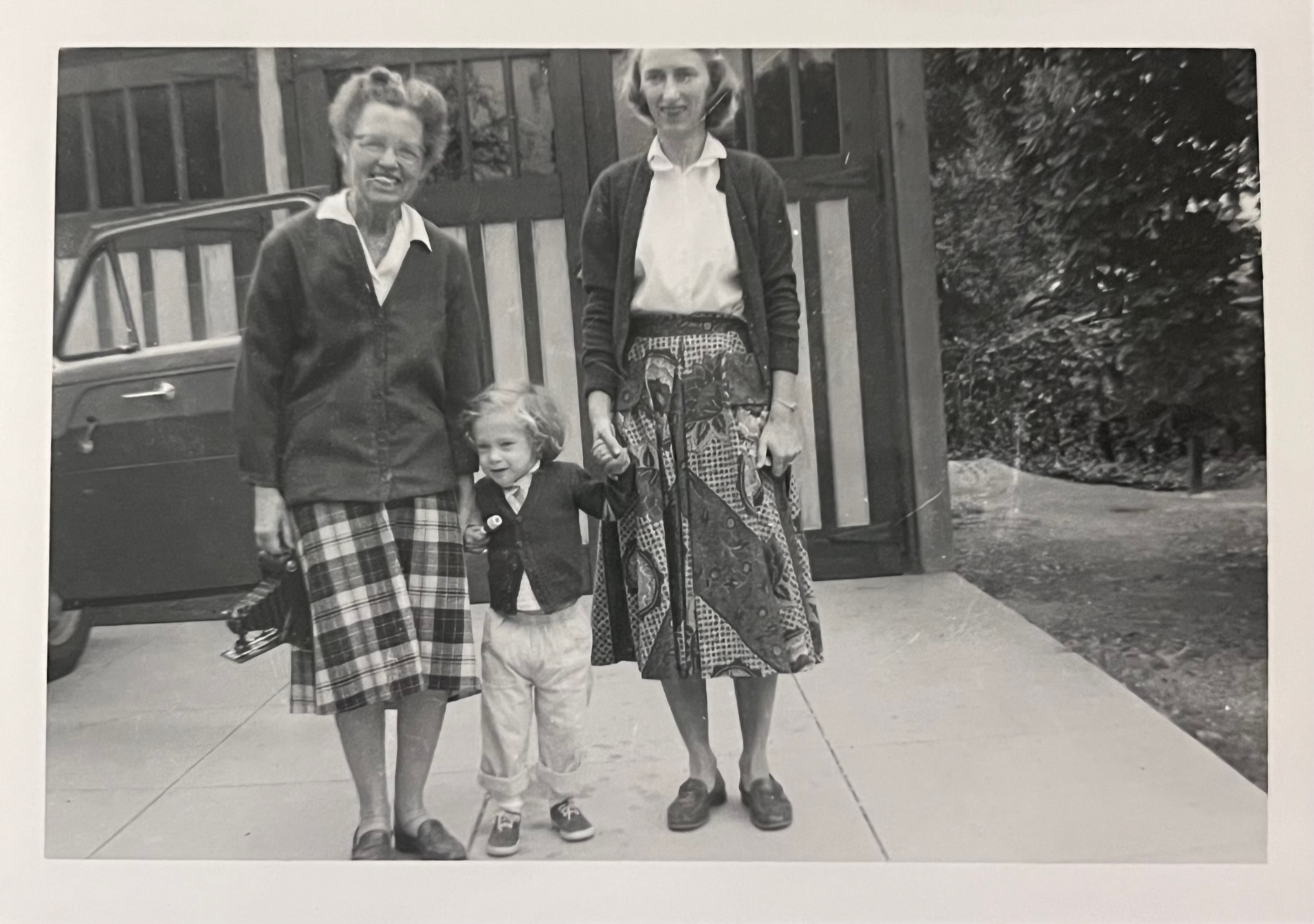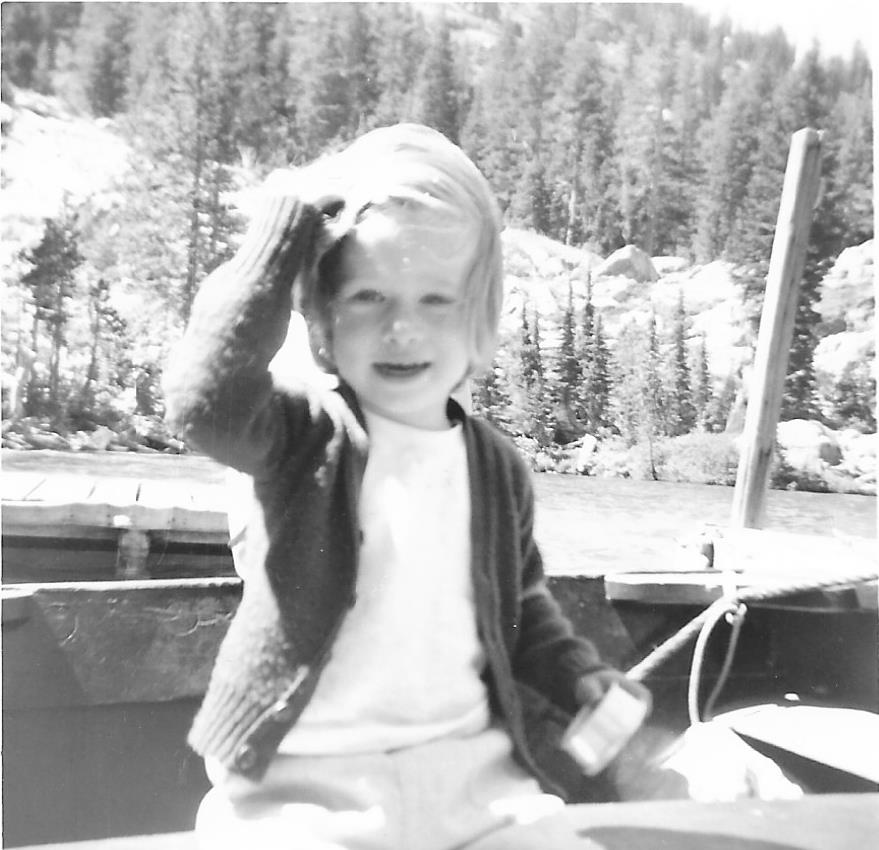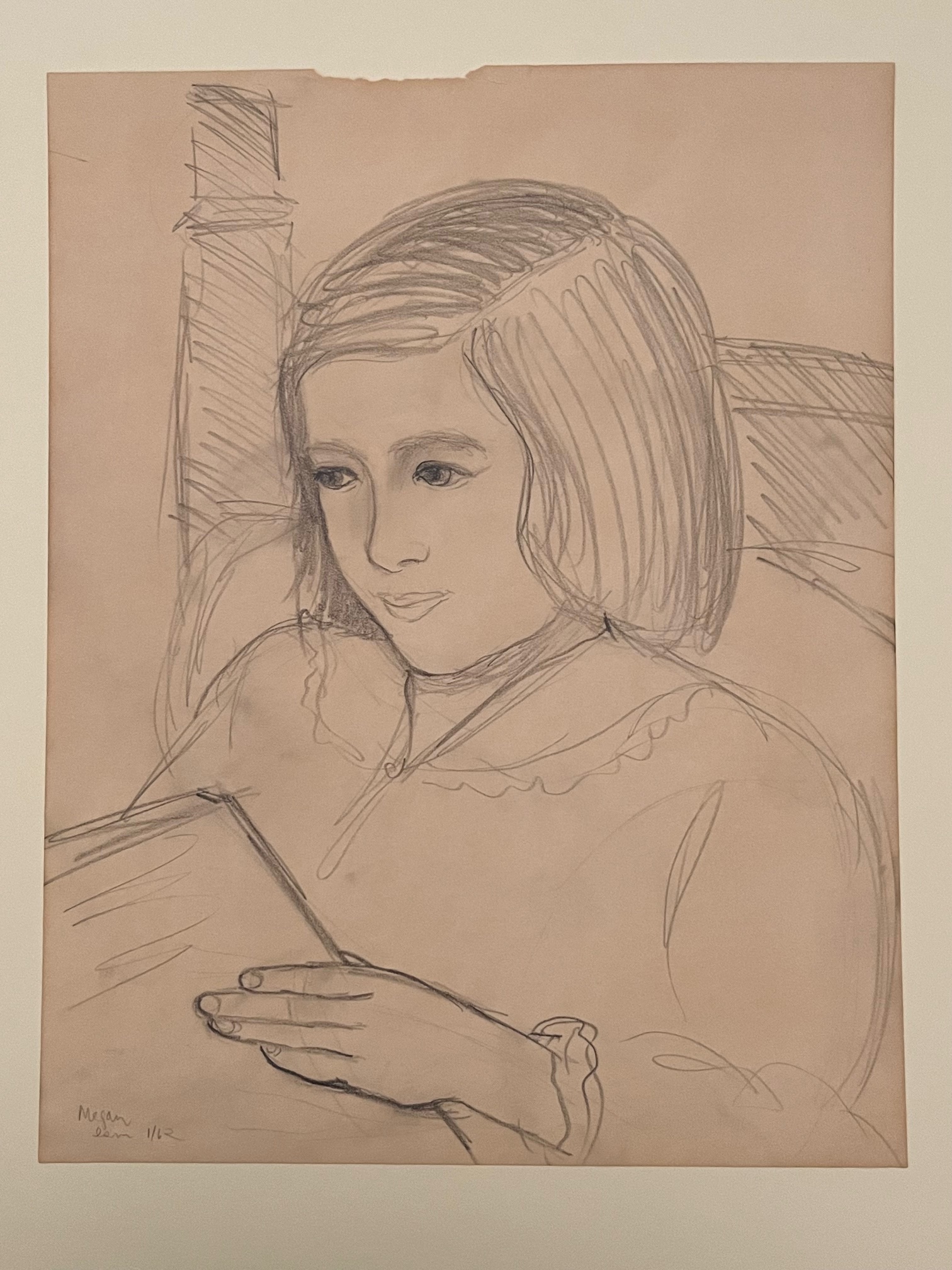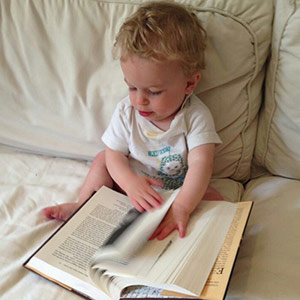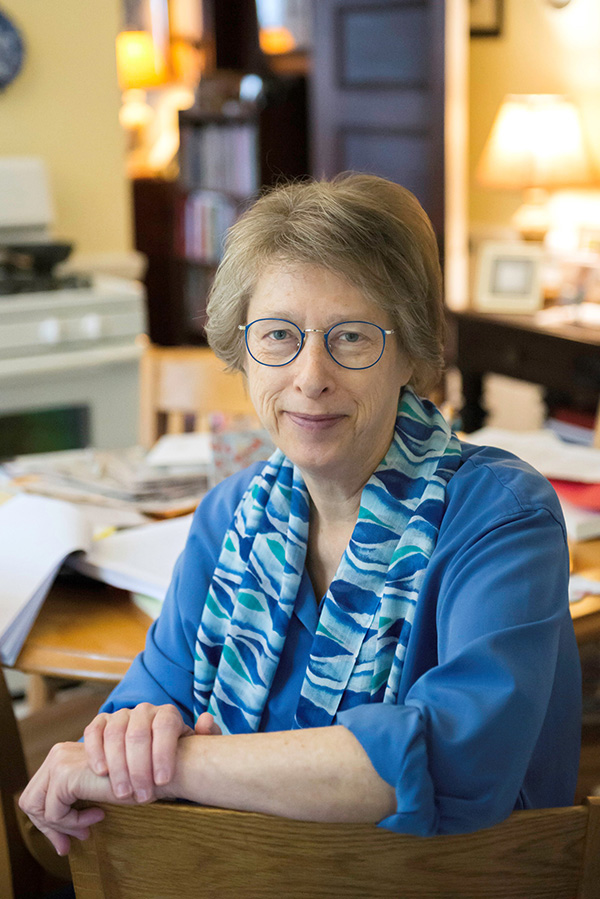 Photo by Sarah Putnam. Other WritingHow Do You Like Your History? With Imaginative Leaps or Grounded in Fact?, The New York Times, March 7, 2025 “My Life with Left-Handed Women,” The New Yorker online, “Weekend Essay,” February 8, 2025 “Biography Without Modifiers,” Pulitzer Centennial website, June 2016 Megan Marshall
“ . . . I’d entered a period I’ve come to think of as A.L.—‘After Lives’—when the loose ends of the full-scale narratives I’d researched teased my imagination, and the documents of my own history, piled up in closets over the years, called out for exploration. I’d turned my back on my Californian upbringing to become a New Englander—or at least a writer about New England. It was time to close the gap.” From the introduction to After Lives: On Biography and the Mysteries of the Human Heart One of the things I’m most proud of about my new book is its cover. The woman you see writing on a pad of paper is my mother, a promising painter whose career was derailed less than a decade after she’d sketched this self-portrait as an ambitious art student in the 1940s. My mother gave birth to her first child at thirty, as I did mine thirty-two years later; like me, she’d worked at jobs she cared about and pursued her artistic ambitions during her twenties. We were both blessed with healthy children and the opportunity to love and care for them as they grew. We lived our adult lives on opposite coasts; the challenges we faced as working mothers were those of widely divergent times—and those that are perennial. My mother died at age sixty-eight in 1991, before I’d finished writing my first biography, The Peabody Sisters, a book that grew up alongside my two daughters as I was finding my way as a writer. My mother won’t read my new book either, but she is with me on the cover. Here I am at about age three with my mother and one of my grandmothers, Elizabeth Marshall. You’ll get to know them in my essay, “Left-Handed.”
And here I am, looking ahead one California summer at about age four, and as my mother sketched me, reading in bed, at age seven:
You won’t find these pictures in After Lives. In fact, you won’t find a lot of me in the book. My essays are homages to the extraordinary people who helped raise me and among whom I grew up; to my late partner, the poet Scott Harney; and to the profession I discovered while learning to be a mother to my beloved daughters: biography. * Megan Marshall’s first publications were book reviews in The New Republic. She has written on American history and literature and women’s history in numerous publications including the New Yorker, the Atlantic, the New York Times Book Review, the London Review of Books, LitHub, and Slate. Her first biography, The Peabody Sisters: Three Women Who Ignited American Romanticism (2005), won the Francis Parkman Prize, the Mark Lynton History Prize, the Massachusetts Book Award in Nonfiction, and was a finalist for the Pulitzer Prize in biography and memoir. Marshall spent twenty years researching and writing the book, traveling to archives in Massachusetts, New Hampshire, New York, Ohio, California, and Washington, D.C., and finding answers to longstanding mysteries in the Peabody and Hawthorne families. Marshall’s second biography, Margaret Fuller: A New American Life (2013), a character-driven narrative grounded in fact that tests the boundaries of the form, was awarded the Pulitzer Prize in Biography in 2014 and the Massachusetts Book Award in Nonfiction. Her third, Elizabeth Bishop: A Miracle for Breakfast (2017), was a finalist for the Phi Beta Kappa Society’s Christian Gauss Award in Literary Scholarship. Innovative in form, Elizabeth Bishop interweaves biographical chapters with passages of memoir in which Marshall recalls her year of study with the poet in what turned out to be Elizabeth Bishop’s last workshop class. The book adopts features of the sestina, a verse form brought back into popular use by Bishop with her poems “A Miracle for Breakfast” and “Sestina.” In 2022, Marshall received the BIO Award, the highest honor given by the Biographers International Organization, recognizing her contributions to the art and craft of biography, and the Thoreau Society’s Walter Harding Distinguished Service Award for contributions to the study of American Transcendentalism. Marshall was a visiting professor at Kyoto University in fall 2017, and the Gilder Lehrman Fellow at the Dorothy and Lewis B. Cullman Center for Scholars and Writers of the New York Public Library in 2014-15. She has received fellowships from the John Simon Guggenheim Foundation, the National Endowment for the Humanities, and the Radcliffe Institute for Advanced Study at Harvard University, as well as residencies at the Bogliasco Study Center and the T.S. Eliot House. An elected Fellow of the Massachusetts Historical Society, she is a past president of the Society of American Historians and a co-editor of Margaret Fuller: Collected Writings, forthcoming from Library of America. Marshall teaches nonfiction writing and archival research in the MFA creative writing program at Emerson College where she was named the first Charles Wesley Emerson College Professor. She lives in Belmont, Massachusetts, midway between Boston and Concord, locations that figure prominently in her subjects’ lives. She is the proud grandmother of five young readers to whom she has dedicated her most recent book, After Lives: On Biography and the Mysteries of the Human Heart.
“Sunlight in the Garden of Biography: A Conversation with Megan Marshall, Winner of the 2022 BIO Award,” interview with Holly Van Leuven, editor of The Biographer’s Craft, April 2022
|

